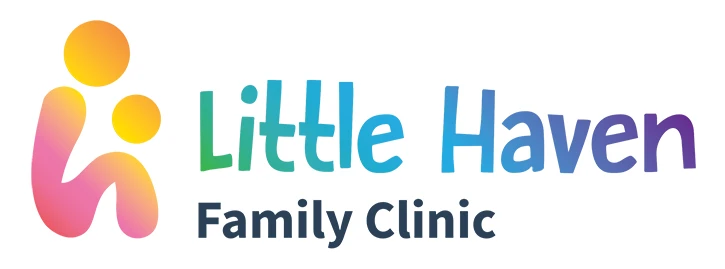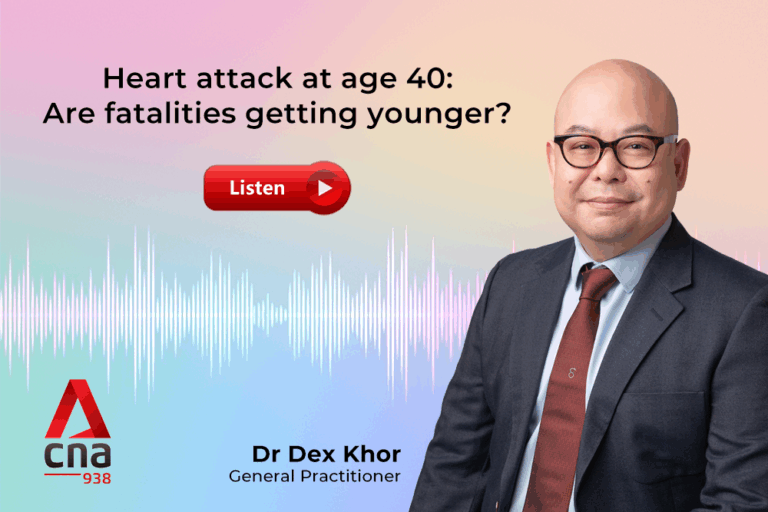What is Childhood Asthma?
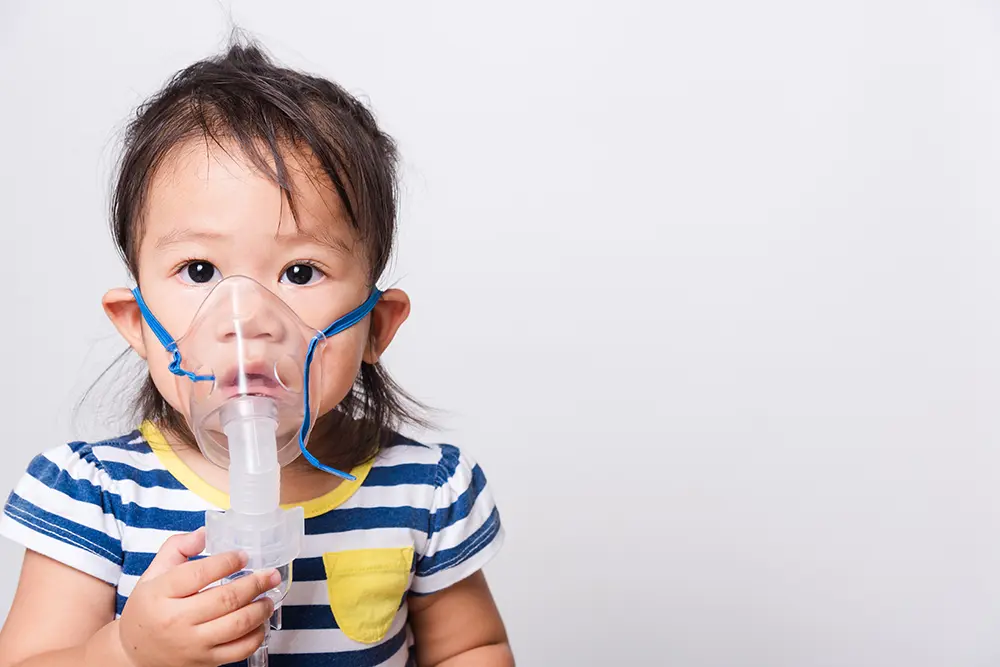
Asthma is a chronic lung condition that causes inflammation and narrowing of the airways. This makes breathing harder, especially during a cold, after exercise, or at night.
Common asthma symptoms in children:
- Wheezing or whistling sound when breathing
- Persistent cough, especially at night
- Chest tightness
- Shortness of breath
What Triggers Asthma in Children?
Children with asthma may react to different triggers. These include:
- Allergens: dust mites, pollen, mould, pet dander
- Airborne irritants: smoke, strong smells, air pollution
- Viral infections like the common cold
- Weather changes, cold air, or dry wind
- Exercise
- Stress or strong emotions
- Certain medications or food preservatives
Tip: Keep an asthma diary to spot patterns and reduce triggers.
How to Manage Asthma at Home
Asthma is manageable with the right tools. Parents can support their child by:
- Using medications correctly
- Preventers reduce inflammation (used daily)
- Relievers open airways during an attack
- Practising good inhaler technique
- Ask your doctor or nurse to review it regularly
- Ask your doctor or nurse to review it regularly
- Avoiding known triggers
- Identify what worsens symptoms and minimise exposure
- Identify what worsens symptoms and minimise exposure
- Staying active with care
- With proper control, most children can still enjoy sports and play
What is Childhood Eczema (Atopic Dermatitis)?
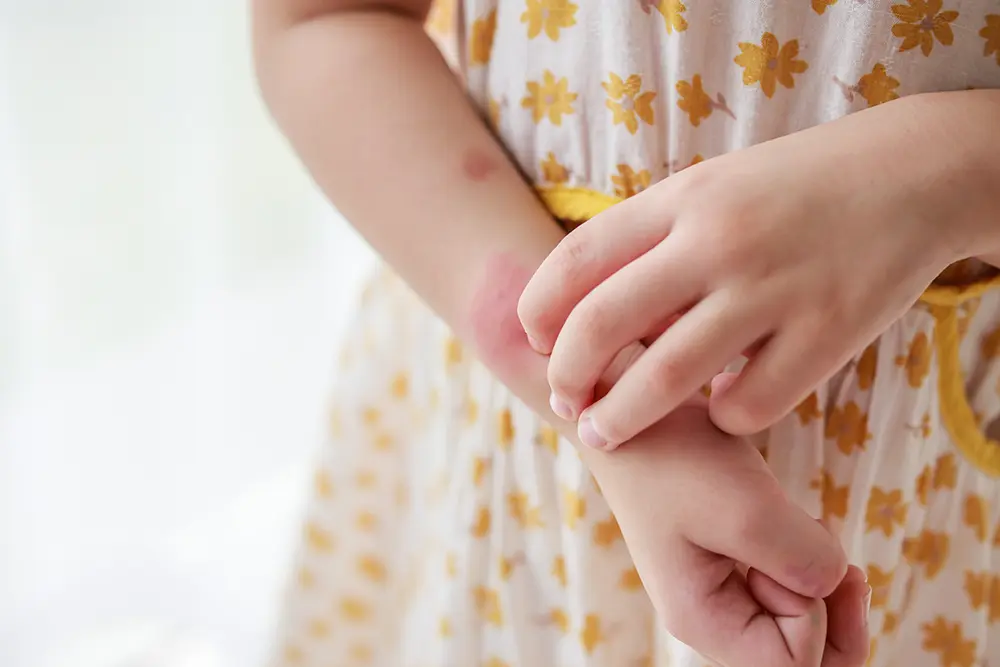
Eczema is a chronic skin condition that causes dry, red, itchy patches. It often starts in infancy and tends to flare up in cycles.
Common eczema symptoms:
- Dry, scaly skin
- Redness and inflammation
- Intense itch, especially at night
- Crusting or oozing (in severe cases)
What Triggers Eczema in Children?
Some of the most common eczema triggers include:
- Temperature or humidity changes
- Sweating, heat, or friction
- Soaps, fragrances, or harsh skincare products
- Dust mites, plush toys, or pets
- Stress or emotional upset
Tip: Keep an eczema diary to track what causes flare-ups.
How to Manage Eczema in Children
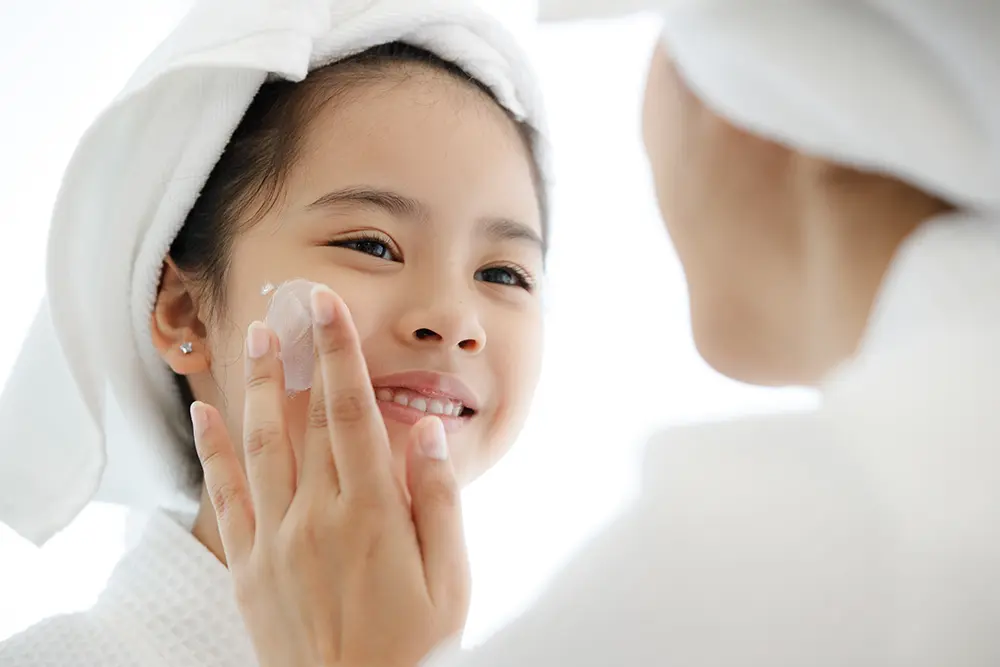
Managing eczema takes consistency. Parents can help with:
- Daily skincare routines
- Use gentle, fragrance-free cleansers
- Moisturise right after bathing to lock in hydration
- Choosing skin-friendly clothes
- Soft, loose-fitting cotton is best
- Avoid wool or scratchy fabrics
- Preventing scratching
- Trim your child’s nails short and keep skin moisturised
- Seeing a doctor for flare-ups
- If the skin is red, swollen, oozing, or if your child has a fever, seek medical attention
Why Choose Little Haven Family Clinic?
At Little Haven Family Clinic, we understand that children’s health needs vary and so do family dynamics. That’s why we offer:
- PaedsENGAGE GP
- A convenient family-friendly location, at City Square Mall
- A CHAS and Baby Bonus Clinic
- Care for entire family, from newborns to the elderly
📍 Find us at City Square Mall — family-friendly, centrally located, and open on Saturdays for your convenience. Book an appointment with us here.
